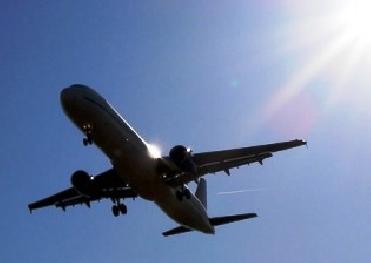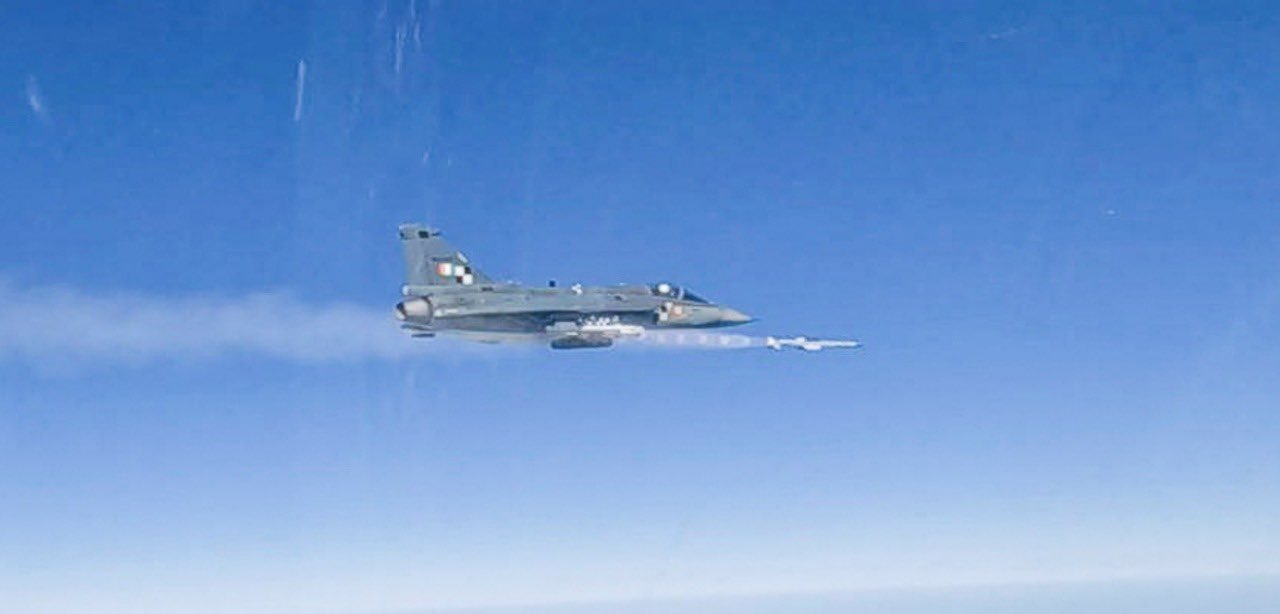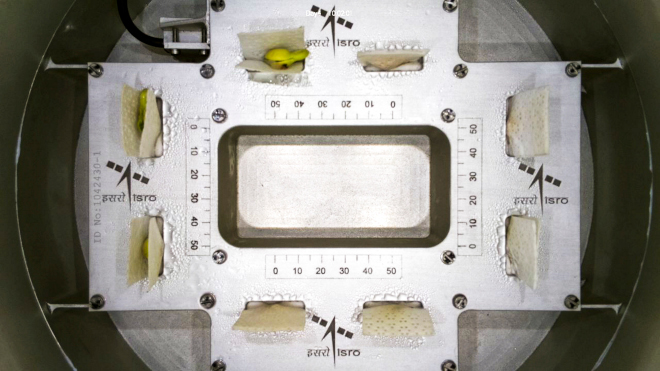
A file photo.
NEW DELHI (PTI): India may join seven other nations and the European Commission which have signed an agreement to liberalise state control, enabling their airlines to access foreign capital and seek mergers and acquisitions worldwide.
Two top global aviation bodies, ICAO and IATA, appealed to governments, including that of India and China -- both growing aviation hubs -- to follow suit and allow open market access to their airlines, soon after the signing ceremony of the pact yesterday in Montebello, Canada.
The signatories to Multilateral Statement of Policy Principles on implementing bilateral air service agreements (ASAs) include major players like the United States, Singapore and UAE, besides Europe, which together constitute 60 per cent of the global aviation sector.
The ceremony, broadcast through teleconference, took place in the presence of the President of the International Civil Aviation Organisation, Roberto K Gonzalez, and his IATA counterpart Giovanni Bisignani.
Maintaining that some countries had sought more time on the issue, Bisignani said in his recent discussions Civil Aviation Minister Praful Patel had said the Indian government wanted more time to formalise the agreement.
India had approved the idea which was mooted by the International Air Transport Association at its annual meeting in Istanbul last year.
Besides the mounting losses of the airlines, primarily due to high oil prices, the 65 year-old bilateral system of ASAs "restrict how airlines can do business in ways that no other industry faces," Bisignani said.
The ICAO chief said greater economic freedom was a "critical element" for the industry. "While safeguarding safety, security and environmental responsibility, governments and industry must find a platform for financial sustainability in civil aviation," Gonzalez said.
Unlike other industries like telecom, automobile and pharmaceuticals, national ownership requirements do not allow airlines to merge across borders. The airlines are also restricted in market access until governments agree to allow cross-border services.
Noting that the global industry suffered a huge loss of USD 53 billion since 2001, Bisignani said, "We don't want government handouts. What is important is that we have a level playing field and the freedom to do business that every other industry takes for granted. Today's signing is a major step towards that goal."
The main policy principles of the agreement, which is non-binding, is that States should agree on principles to open the possibility for airlines to access global capital markets.
States should also agree to consider the possibility of a multilateral agreement to waive ownership restrictions and expedite further opening of markets in future bilateral negotiations.
Governments should also agree on principles that would allow greater freedom to price airline services in line with market realities.
 Previous Article
Previous Article Next Article
Next Article













The Indian Air Force, in its flight trials evaluation report submitted before the Defence Ministry l..
view articleAn insight into the Medium Multi-Role Combat Aircraft competition...
view articleSky enthusiasts can now spot the International Space Station (ISS) commanded by Indian-American astr..
view article